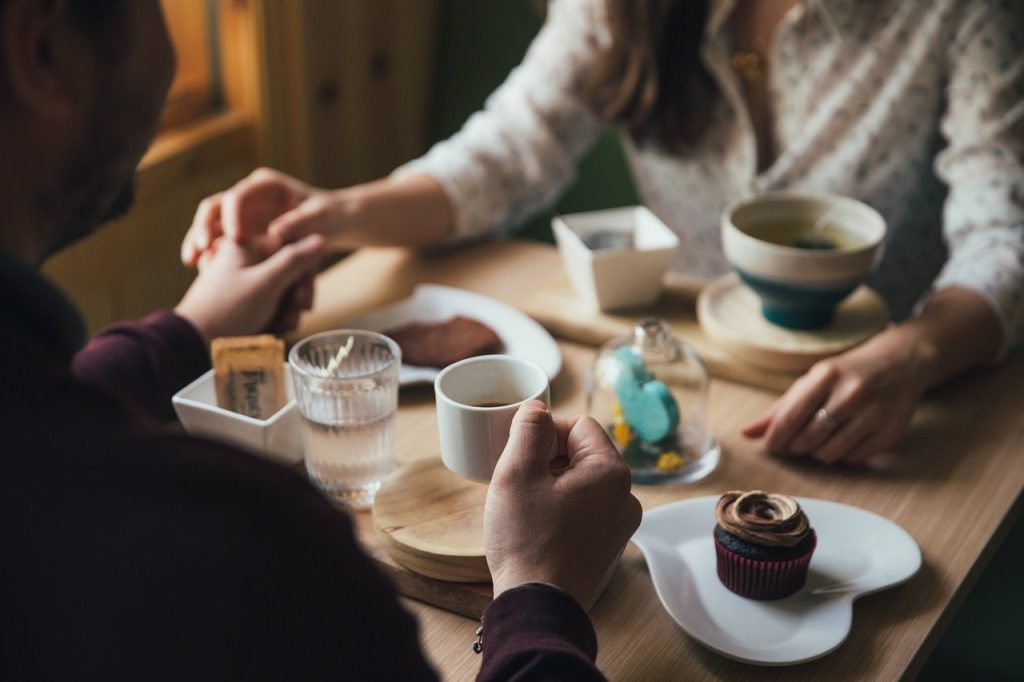How would you feel if you were told you had only 30 days to live? What would you do during your last month, your last day, your last hour?
This is the question that greeted me when I arrived at a San Francisco restaurant to participate in Death Over Dinner, an event that takes place in homes and other gathering places worldwide. People from all walks of life come together to share a meal as well as their personal insights on death and dying.
The Death Over Dinner paradigm emerged from a graduate course at the University of Washington, and the movement formally kicked off on Aug. 24, 2013. On that date alone 500 dinners took place in 20 countries.
Since then more than 100,000 such events have been held globally, including a version customized for physicians and nurses. The Death Over Dinner organization is now managed by RoundGlass, a health care and wellness investment firm that also operates a philanthropic foundation.
As a journalist covering the hospice field, I think quite a bit about death.
The importance of the end-of-life conversations has come up frequently in Hospice News’ industry coverage, from the clinical significance, the guidance such conversations provide for hospice care, as well as the practical and cost-saving aspects associated with advance care planning. Among other stories, Hospice News has covered the work of the Conversation Project, the emergence of advance care planning as a new and growing industry, the growth of death cafés, and the role technology can play in advancing these conversations.
Despite this work, I confess that I have yet to discuss my end-of-life wishes with my own family. At age 43, I hope I have plenty of time to make that happen. However I am also keenly aware that death has no timetable, and the time to prepare is always now.
With this in mind, I was both a little excited and a little anxious to sit with a group of people I had never met and talk about this intimate subject that many of us fear to even ponder.
About 100 people participated in the dinner, each seated at tables of 10-12 people. My discussion group included a hospice nurse practitioner, a writer and artist, a music therapist who works with dementia patients, and a palliative care physician who had flown in from Japan.
Also joining the group was Shoshana Ungerleider, M.D., internist at California Pacific Medical Center in San Francisco and executive producer of the Academy Award-nominated end-of-life documentaries Extremis and End Game, who later spoke with Hospice News.
“It’s all about having conversations. If you are somebody that has personally reflected on what matters to you, especially if time were short, then you’re much more likely to convey those wishes to your family, the people you love, and then your doctors,” Ungerleider told Hospice News. “If this is a normalized conversation that’s not so taboo, you’re much more likely to get care that’s in line with your goals and values, care that is a part of the life you have lived.”
Ungerleider is the founder of End Well, an organization with the mission of creating a cultural shift to normalize discussions about the end of life. The Death Over Dinner event was held in concert with End Well’s annual conference.
At Death Over Dinner, each group was given a set of questions to work through, ranging from queries about “bucket lists” to those that encouraged us to confront the inevitability of our own deaths and contemplate how we would like to live in our final days, given the choice. The first step was for each person to light a candle in memory of someone they had lost, to speak their names and briefly elucidate what each person meant to us.
I was impressed with the candor with which the assembled group spoke about the prospect of their own deaths. The discussions were personal and intense, and as far as I could tell no one held back.
When my turn came, I told them that if I were to die within a month, I would first and foremost be concerned about my two daughters, ages 20 and 25, and how the loss would impact them. I would do all I could to remind my daughters to have each other’s backs when I am no longer there to support them.
I would express my gratitude as best I could to my family, as well as the friends I consider my chosen family. I would also write. I would get down on paper as much of my experience as I could. I would grieve for the loss of my own life and feel anger and disappointment over the moments and experiences I would miss.
I also believe I would approach death with a sense of curiosity — to see what may or may not lie ahead in that “undiscovered country.”
If I were incapacitated by illness, then a quiet death at home in hospice care would be my choice. But if I were physically able, I also imagine myself spending my final moments walking in solitude, simply vanishing into a desert or wild green place.
As time goes on, these goals and hopes may change — but in this moment that is how I would choose to live and die.
Companies featured in this article:
California Pacific Medical Center, Death Over Dinner, End Well, RoundGlass, The Conversation Project



